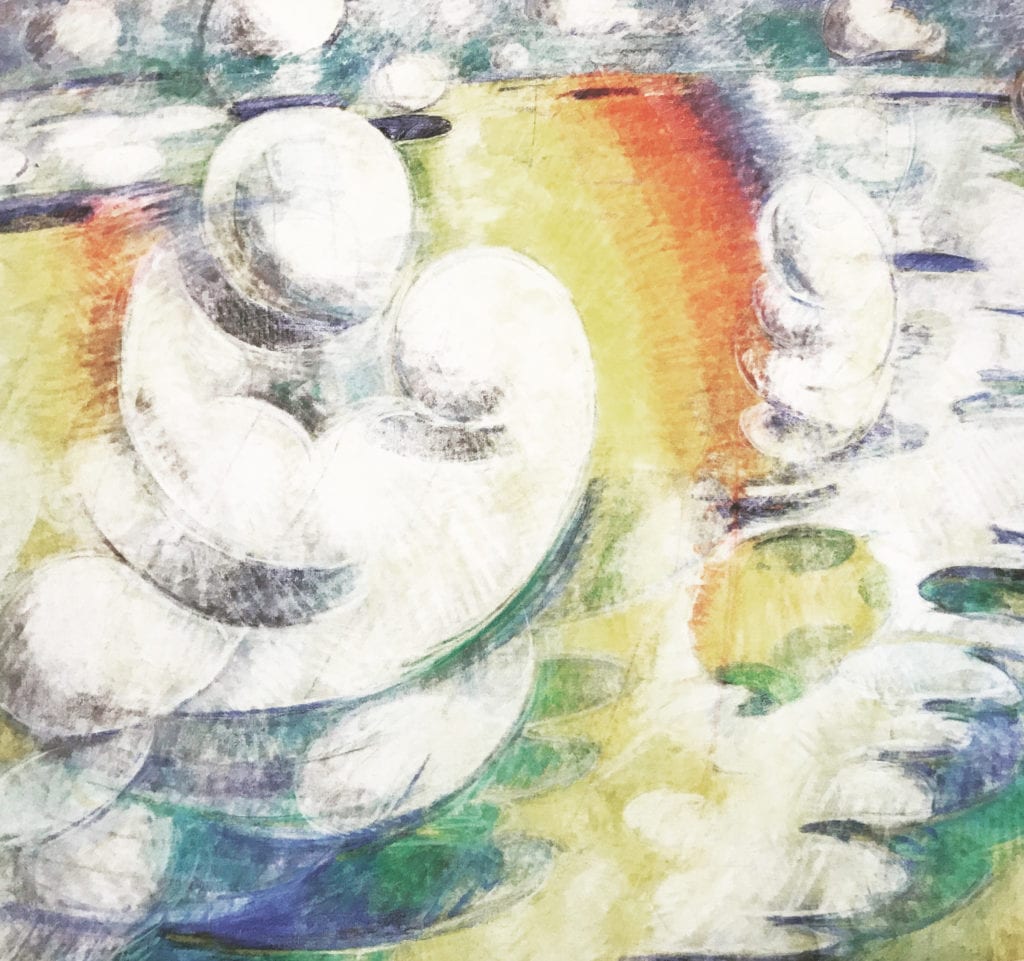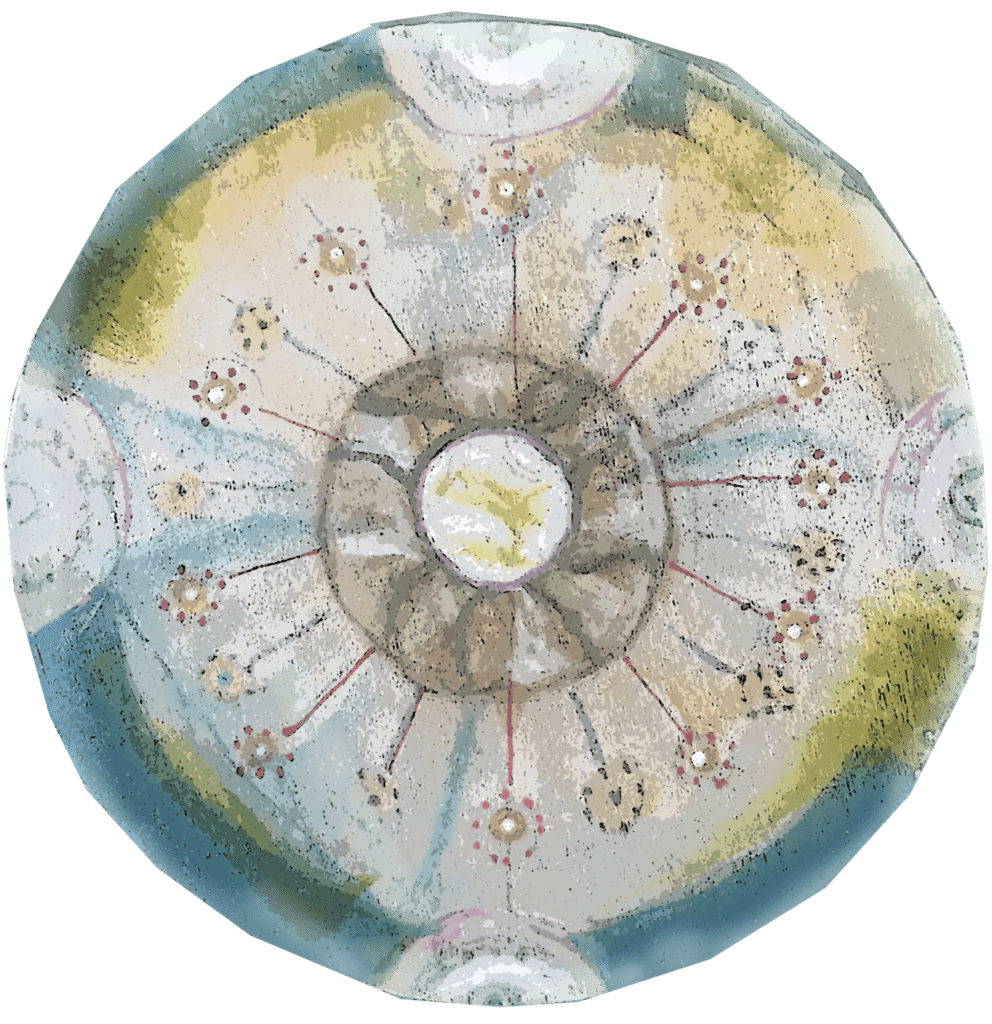Being with and caring for those who are dying is a spiritual experience, more than a medical one. When someone is dying we enter a world that is sacred and filled with grace. It can be helpful to think of yourself in this caring for the dying, as an invited guest to a sacred transition. You are a companion; a friend and you can bring your calm presence. Your goal is to create and hold a sacred space for the person who is dying. To listen with compassion. To be humble and without ego. To provide loving care. Just like in your meditation practice, bring present moment awareness to support a compassionate dying experience. It’s about being. Can you bring the calmness and peace from meditation to the bedside and caring of someone who is ill and dying?
Helping, Fixing, or Serving
There is a difference between helping, fixing and serving someone who is sick and dying. Rachael Naomi Remen, a physician, says that “Helping, fixing and serving represent three different ways of seeing life. When you help, you see life as weak. When you fix, you see life as broken. When you serve, you see life as whole. Service is the work of the soul.” So begin to think about how you can serve the person who is dying. Your work is not to fix or help them but to provide and serve them through their journey. Just like in your meditation practice, take the time to reflect on your intention and motivation to best serve the person who is dying.

There are three beliefs from the Zen Peacemaker tradition developed by Roshi Bernie Glassman that are very helpful in caregiving. They are:
- Not knowing: letting go of fixed ideas about yourself, others and the universe. Open up to Beginner’s Mind as you encounter suffering. Be curious. Care with an open heart, and a fresh and open mind. Let go of fixed ideas. Let go of control. Bring not knowing to your caregiving. Be in the present moment and see with fresh eyes and open hearts. Be genuine and open to the freshness of each encounter.
- Bearing witness: being present with both the joy and suffering of the world, as it is without judgment or any other attachment to outcomes. Bear witness to the changes that are occurring with the person who is dying, and without your resistance, allow the changes that are happening to the dying person to happen freely. Let go to the present moment. Bring this awareness to your care. Just like in your meditation practice become aware of your thoughts and feelings. Take time to feel the spaciousness and stability as you respond to what is arising. Bring your meditation practice, your strong back and soft front to your caring. Be courageous!
- Loving/compassionate action: those actions that arise naturally when you enter a situation in the state of not knowing and bearing witness. Commitment for freeing others and ourselves from suffering through loving actions. Caring arises from love and is not only problem solving, it is embodying compassion and tenderness.
Make Friends with Yourself and Others
Throughout your caring for those who are sick and dying it is helpful to make friends with yourself, and to make friends with others. Practice kindness throughout your being and caring for those who are dying. Bring your meditation practice into your caregiving experience. Meditation is the framework! Hold the space with no attachment to the outcome. Be a quiet compassionate presence. Give the gift of presence.

Practice Generosity
It’s important to be MIND FULL. Wait, watch, listen, and maintain stillness. And, pay attention to your intuition, and bring that with you. Listen and practice generosity. The starting point of generosity is opening ourselves to others. If you feel yourself too absorbed in your own personal concerns, bring your attention back to the dying person. Just like bringing your attention back to the breath in meditation. Listen, soften, and let generosity in.
Practice Patience
Practice patience. SLOW DOWN. Slowing down is a way to connect with the dying person. Try to let events unfold at their own pace. Don’t try to control the dying process. See if you can slow down and open to possibilities. It’s important to cultivate the habit of attending to your breath. Use your breath to stabilize the mind. Your breath can stabilize your mind. And this stability can support you in your caregiving.
Contemplate Impermanence
It’s good to contemplate impermanence and uncertainty. We are all subject to impermanence and we will all die. And, we are all already dying. You can aspire to know the shortness of life so that you can gain wisdom of the heart. You can show up for living, and show up for dying. And wish people a peaceful and calm death.
Take the time to explore your own relationship to death. Being and caring for those who are dying brings our own relationship with impermanence, uncertainty, and death to us. We are also dying. It is said that death is a great teacher! Contemplation of death teaches us to be alive!

Practice Self-Care
You can take care of your mind, body, and spirit. Take care of yourself: drink a glass of water, turn your phone off, and wear comfortable shoes. What are the components of your resilience and ability to address stress, bounce back, and make meaning from your caregiving experience. Think about what your personal recipe is for resilience and well being. Does it include meditation, exercise, music, writing, talking with a friend, or taking a nap?
Have a contemplative practice that you can take refuge in. It’s an important component of taking care of yourself. Develop a strategy for self-care, for selfpacing so that you don’t get stressed out and or sad or depressed. Accept your limits, and accept things as they are.
Behave Bravely
Caregiving is being a warrior, being brave and fearless, with dignity, and with curiosity and compassion. As a caregiver you can also sit in a helpless state together with the person who is dying. Open your heart to your own vulnerability and perhaps you can be vulnerable together. Sharing silence can be a therapeutic tool that can provide comfort and ease. Tune in with openness to the person you are caring for. Staying with the person who is dying, letting them know that you are there for them can be a tremendous help. Your being there, your stable presence can provide reassurance and give confidence to the person who is dying.

Recall Connection
As Buddhists we believe that all sentient beings have been our own mother. So first, we remember our interbeing and that we are all connected. And, that we are deeply connected to the person that we are caring for. We are all connected to each other. It is much easier to care, because you have a connection with another. When we care for others we are looking at our own passing, our own dying, our own feelings. It is a community of compassion. It is a journey that we do together.
For Further Support
We invite you to join our Support Program Noble Living, Noble Caring, Noble Dying. There, we explore together how our Buddhist practice informs our living, caring, and dying so that they are noble: filled with dignity and grace.
Artwork by Jayne Feinberg Stuecklen. Jayne is a painter and graphic artist living in Nyack, NY. She is a Tibetan Buddhist practitioner and student of Chogyam Trungpa Rinpoche. Besides her career in art and design she has been a volunteer hospice worker and caregiver.

